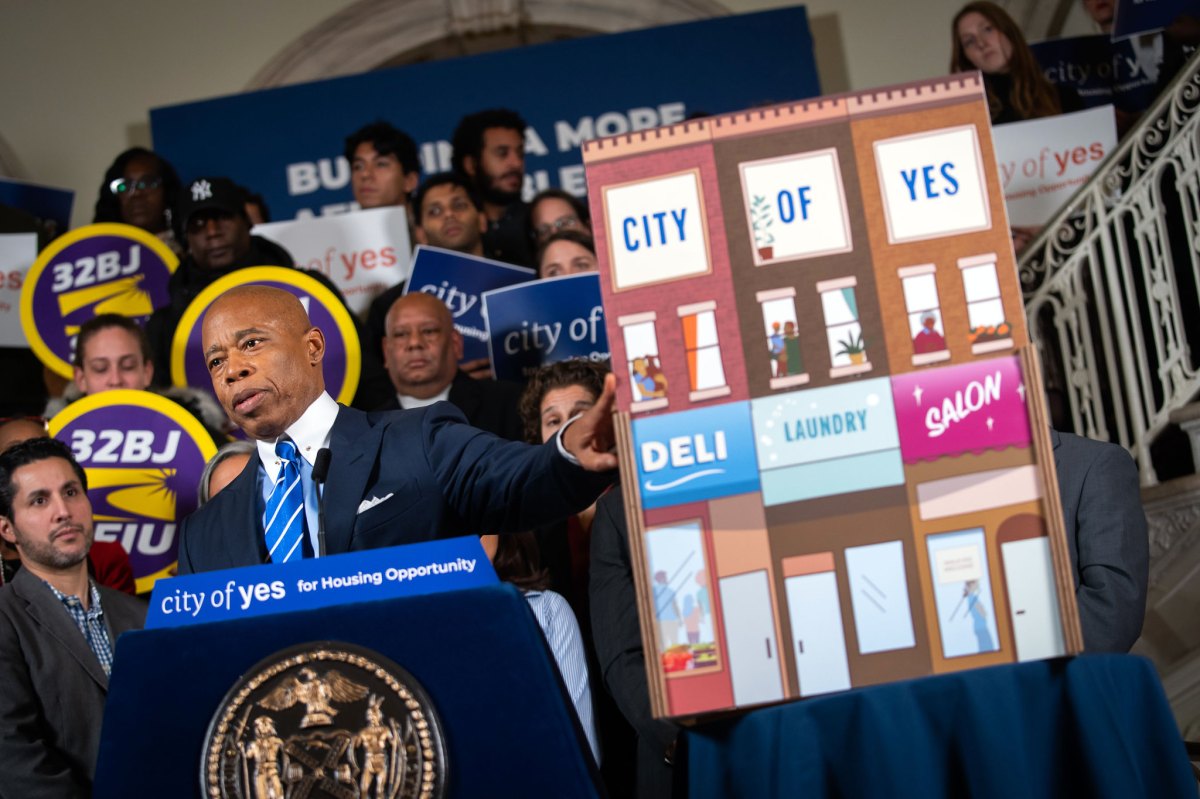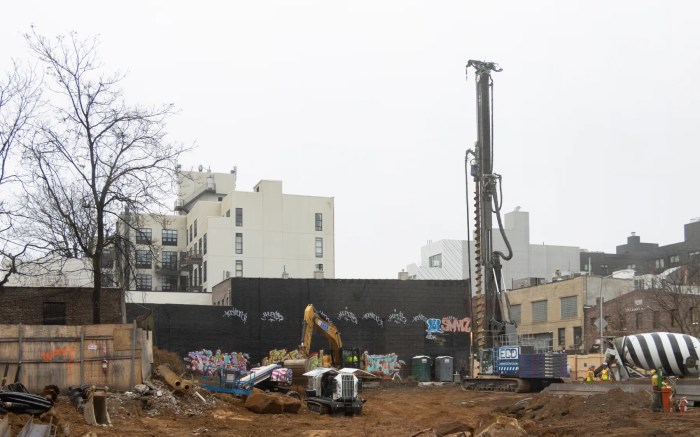
Cosmetic companies are poised to give the city’s retail market a makeover.
Beauty retailers are expanding their footprints in the city, fueled by a desire to capture millennial consumers, according to industry experts. Despite Amazon leaving many retail sectors reeling, brick-and-mortar access remains pivotal for cosmetics because people like to check out lipsticks, lotions and nail lacquers before purchasing them.
“It’s more important to have a physical presence, especially in the big cities where it’s fashionable to have an address,” said Sonia Summers, founder of the Beauty Strategy Group consulting firm and an industry staffing company called Beauty Barrage. “It’s the place to be right now, and they’re really going after millennials.”
Ulta Beauty, long a mainstay in suburban retail strips, will open its first store in Manhattan on East 86th Street on Nov. 10. The company, which lists on its website four stores in malls in the outer boroughs, also intends to open its first outpost in Brooklyn by the end of 2017.
On the heels of expanding, remodeling and relocating four of its city stores, the French cosmetics retailer Sephora opened in Bay Terrace on Friday. Sephora has also made headlines while in talks for a space in Williamsburg, but it declined to comment on the negotiations.
Bluemercury, a luxury beauty retailer owned by Macy’s, opened four stores in New York City in the first half of 2017, according to corporate documents.
At the same time, smaller brands are expanding such as the organic cosmetics company Credo, which opened its first store in the city in 2016 and now has a second local shop.
Several cosmetic lines have opened storefronts over the past few years, including e.l.f. Beauty Inc. and NYX Cosmetics.
Local entrepreneurs have even started getting in on the trend, according to Howard Davidowitz, chairman of Davidowitz & Associates Inc., a national retail consulting and investment firm headquartered in New York City.
Davidowitz said he has noticed some narrow stores that once housed struggling, local pharmacies stocking up on cosmetics and selling them at bargain prices.
“Right now, it’s sort of the era of cosmetics,” Davidowitz said. “Smart people without a lot of money are finding a way to do it. … One of these characters will wind up opening up a chain.”
Despite how attractive the industry has become, cosmetic shops are unlikely to join the ranks of large drugstores such as Walgreens/Duane Reade and CVS, which have locations on every other block in parts of the city, according to Jason Richter, managing principal of the boutique commercial real estate investment firm Hudson.
“It’s kind of that mix — out with the old, in with the new, different product lines and different types,” said Richter, who previously handled real estate for Perfumania and Ricky’s NYC, both of which have been slimming down their physical portfolios. “I’ve seen a bit more of the boutique companies opening more stores.”
Industry analysts also see room for growth, but note that the number of competitors may curb some companies’ profits. The U.S. beauty market has grown about 3.5 percent annually over the past five years, but in 2017 the pace has slowed somewhat, to about 2.8 percent, according to a report on the sector the financial firm BMO Capital Markets put out at the end of August.
“Beauty is one of the fastest growing, highest-margin categories in the consumer space, and as a result is attracting competitors (new and old) at a rampant pace, suggesting that we will likely see returns more rapidly revert to the mean going forward,” BMO analysts noted in the report.
BMO found that Amazon could present a threat to beauty retailers if it succeeds in convincing brands like L’Oreal and Estee Lauder to sell their products on its site. The firm believes technological advances will eventually ease more customers into buying cosmetics without testing them out in person.
Some New Yorkers are already comfortable buying the bulk of their makeup online, such as Raquel Griffin of the Bronx.
“Online there is more stuff in stock, but if you come to the store, you get to try it out,” Griffin said while walking out of a midtown Sephora Sunday with a bag of Fenty products, a line recently launched by Rihanna.
Justine DiGiglio-Cifarelli, a public relations executive in Manhattan who has long enjoyed cosmetics, believes there are more options now because “beauty influencers” with prolific social media followings have fueled a more widespread appreciation for makeup.
“They are all over my social media,” DiGiglio-Cifarelli said. “They make it look so easy with tutorials. There seems to be much more interest.”
With Lisa L. Colangelo






































